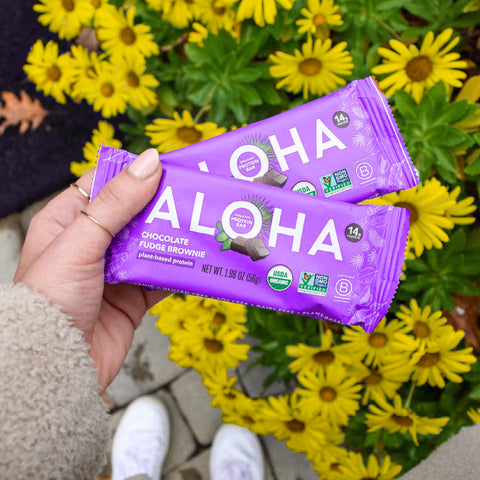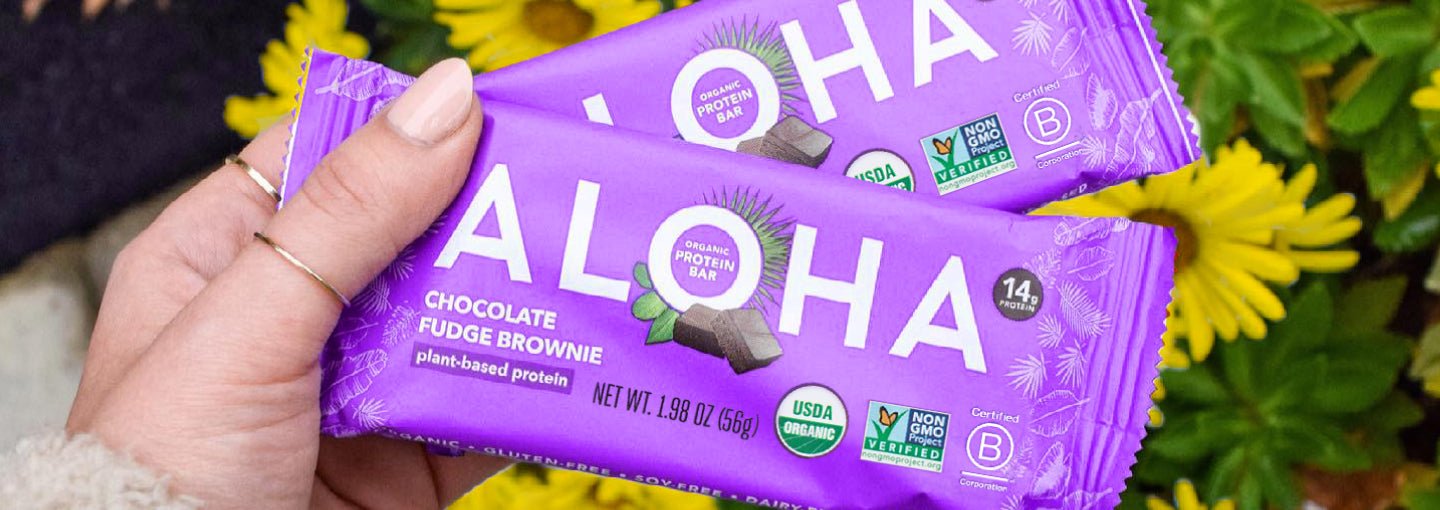By: Kelsey Kunik RDN / registered dietitian, nutrition consultant, health and wellness writer, and food blogger.
Have you been wondering if sunflower oil is good for you or not? With so much conflicting information available, I would be surprised if you weren’t!
Every oil you use in cooking has unique uses and can have potential benefits and risks to your health. Sunflower oil, in particular, has been the topic of many discussions in the health and wellness field because of the potential health risks related to certain types of sunflower oil.
Whether you're looking to make healthier choices in your diet or just curious about the topic, keep reading to learn more about sunflower health benefits, any potential risks, and why the type of sunflower oil you use matters.
What is Sunflower Oil?
Sunflower oil is an edible oil that comes from sunflower seeds. It’s used in the kitchen but also in many skincare and hair products.
All sunflower oil has around 14 grams of fat per tablespoon and is a good source of vitamin E, a fat-soluble vitamin. The type of fat found in this oil can change slightly based on which type you use.

1. Nutrients in Sunflower Oil vs Other Oils
With so many oils on the market, you’re probably wondering how they compare. Here is a quick breakdown of some key nutrients found in one tablespoon of different types of sunflower seed oil versus other cooking oils.
See: Are Seed Oils Good For You? (healthiestfinds.com)
|
Oil |
Calories |
Fat |
Saturated fat |
Monounsaturated fat |
Polyunsaturated fat |
Vitamin E |
|
High-oleic sunflower oil |
124 |
14g |
1.44g |
11.7g |
0.53g |
5.75mg |
|
Mid-oleic sunflower oil |
120 |
13.6g |
1.22g |
7.79g |
3.94g |
5.59mg |
|
Linoleic sunflower oil |
120 |
13.6g |
1.40g |
2.65 g |
8.94g |
5.59mg |
|
Olive oil |
119 |
13.5g |
1.86g |
9.86g |
1.42g |
1.94mg |
|
126 |
14g |
3.60g |
7.59g |
2.80g |
0mg |
|
|
Avocado oil |
124 |
14g |
1.62g |
9.88 g |
1.89g |
0mg |
|
Peanut oil |
119 |
13.5g |
2.28g |
6.24g |
4.32g |
2.12mg |
|
Safflower oil |
120 |
13.6g |
1.02g |
10.2g |
1.74g |
4.64mg |
|
Canola oil |
124 |
14g |
1.03g |
8.86g |
3.93g |
2.45mg |
Nutrient values obtained from the USDA
2. High-Oleic vs Mid-Oleic vs Linoleic Sunflower Oil
There are three types of sunflower oil you could use in the kitchen: high-oleic, mid-oleic, and linoleic oil. All three of these oils are low in saturated fat, but as you can see in the chart above, they have big differences in monounsaturated and polyunsaturated fat.
High-oleic sunflower oil has the highest percentage of monounsaturated fats (83%) as oleic acid or omega-9 fatty acids, and a lower percentage of polyunsaturated fats as linoleic acid, or omega-6 fatty acids.
Read more about the benefits of High-Oleic Sunflower oil.
Mid-oleic sunflower oil has more than 60% monounsaturated fats (oleic acid) and around 30% polyunsaturated fats (linoleic acid).
Linoleic sunflower oil has a large percentage of polyunsaturated fats (linoleic acid) at around 65%, and a smaller percentage of monounsaturated fats (oleic acid) around 20%.
Both polyunsaturated and monounsaturated fats stay liquid at room temperature and can help lower your blood cholesterol when used to replace saturated fats. But when used in cooking and exposed to heat, the different types of sunflower oil can affect your health differently.

3. Sunflower Oil Benefits
High-oleic sunflower oil has the strongest research supporting its health benefits. The Food and Drug Administration (FDA) approved the health claim that eating up to 1 ½ tablespoons of oils with at least 70% oleic acid (like high-oleic sunflower oil) instead of saturated fats may reduce the risk of coronary heart disease.
One small study found that people with diets high in monounsaturated fats had higher HDL cholesterol (the good cholesterol) and lower levels of inflammation after two months, helping to reduce the risk of heart disease.
Another small study found that when healthy adults ate 20% of their calories from foods with high-oleic sunflower oil, their LDL cholesterol and triglycerides were lower than those who ate the same amount of saturated fat.

4. Potential Risks of Sunflower Oil
Even though the research on heart health is solid for high-oleic sunflower oil, and other oils high in monounsaturated fats, the other sunflower oils have not fared as well. Oils high in linoleic acid can increase inflammation and potentially release toxic compounds when heated.

One of the more concerning risks associated with linoleic sunflower oil is related to the toxic compounds released from the oil when repeatedly heated at high temperatures.
Since sunflower oil has a high smoke point, it’s a common choice for deep frying foods. When heated to high temperatures, sunflower oil releases aldehyde, a compound that can accelerate the oxidative stress associated with heart disease, diabetes, and Alzheimer’s.
While other oils also release aldehydes, sunflower oil releases the most compared to three other plant oils tested when deep frying and pan frying foods.
5. Is Sunflower Oil Good For You?
High-oleic sunflower oil is a heart-healthy oil. It even has the stamp of approval from the FDA that 1 ½ tablespoons of it daily could reduce the risk of coronary heart disease based on significant research supporting these benefits.
6. How to Use Sunflower Oil
Replacing saturated fats with high-oleic sunflower oil has heart-protective benefits without the risks that come with higher levels of omega-6 fatty acids. Sunflower oil is perfect for salad dressings, a finishing oil over pasta or vegetables, or light stir-frying.
ALOHA uses a small amount of high-oleic sunflower oil to incorporate dry ingredients into the bars. Its light taste, high monounsaturated fats, and a small amount of essential omega-6 fatty acids make it an ideal addition to the ALOHA chocolate brownie protein bars or homemade granola.

The Bottom Line: Is Sunflower Oil Good or Bad for Your Health?
Including high-oleic sunflower oil in your diet could help reduce the risk of heart disease and provide essential fatty acids and vitamin E.
To reap the benefits of sunflower oil in your kitchen at home and when buying convenient packaged foods like ALOHA Protein bars, check the label for “high-oleic sunflower oil.”










